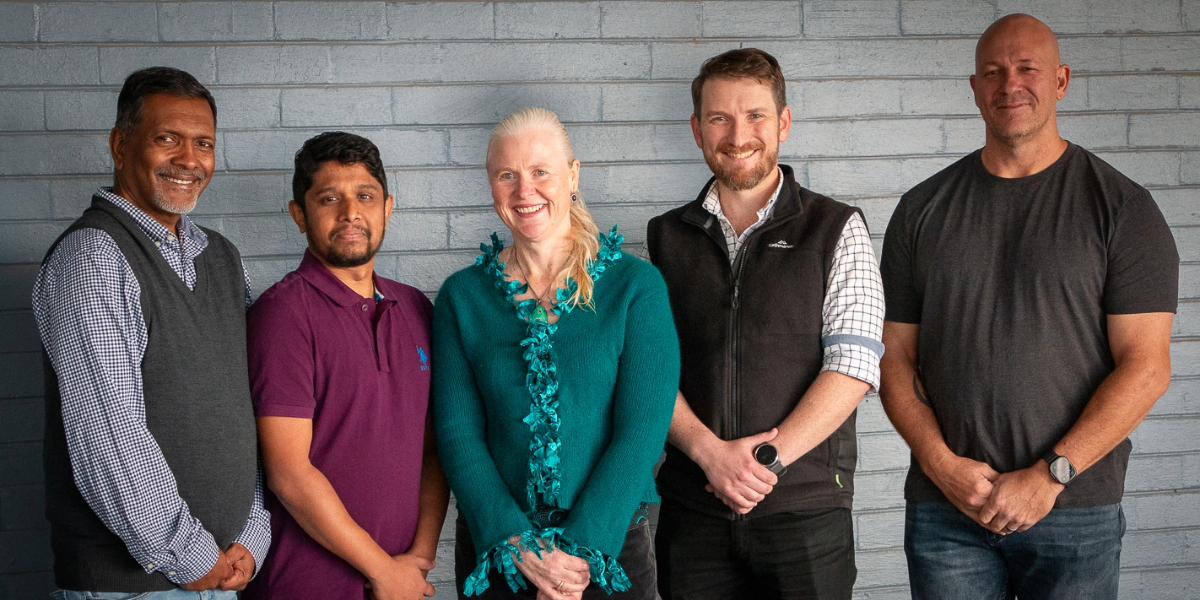A pioneering research project addressing a devastating heart condition has received funding recognition, as the NSW Cardiovascular Research Network (CVRN) awards its inaugural Rural, Regional, Remote Project Grant to Dr. Rukshan Rafeek of the University of New England.
Established in 2005, the NSW CVRN is a cross-institutional, multidisciplinary Network funded by the NSW Government Office for Health and Medical Research and member organisations, and supported and hosted by the Heart Foundation. The NSW CVRN Rural, Regional, Remote (RRR) Project Grant provides funding to support RRR-led cardiovascular research projects. The scheme is aimed at building or enhancing the track records of RRR researchers to increase opportunities for future funding success, supporting early and mid-career researchers (EMCRs) and encouraging cross-institutional collaboration.
Dr. Rafeek, working within the UNE program on Immune Complications of Post-streptococcal Complications (UNEpic), is spearheading innovative research to develop new treatment options for acute rheumatic fever and rheumatic heart disease (ARF/RHD) through cost-effective repurposed small molecule immunomodulators (RSMIs).
Acute rhematic fever or ARF, triggered by Strep A bacterial infections, affects over 40 million people globally and causes more than 300,000 deaths annually. In Australia approximately 7,200 people are living with this chronic heart condition and face a reduction in life expectancy of 20-30 years.
“This grant will give us the opportunity to trial novel combinations of RSMIs in our ARF/RHD laboratory model and provide much-needed preliminary data to obtain further funding for more in-depth studies and clinical trials,” said Lead Investigator Dr. Rafeek.
The multidisciplinary research team also includes Dr. Robert Hart, James Dries, Associate Professor Sally Bristow, Associate Professor Phillip Tully, and Professor Natkunam Ketheesan.
“The grant will also support a survey among front-line healthcare professionals and patients about the practicality of current and proposed treatments for ARF/RHD in Northern NSW,” Associate Professor Sally Bristow, an Associate Investigator on the project, said.
Professor Ketheesan commended Dr. Rafeek’s achievement as an early career researcher.
“Obtaining a prestigious grant as Lead Investigator within two years of completing his PhD is a significant achievement.”
“The grant will certainly enhance the pre-clinical research into ARF/RHD conducted at UNE.”
UNE says this funding represents a crucial step toward addressing a serious health challenge that disproportionately affects rural and underserved communities.
Something going on in your part of the New England people should know about? Let us know by emailing newsdesk@netimes.com.au

